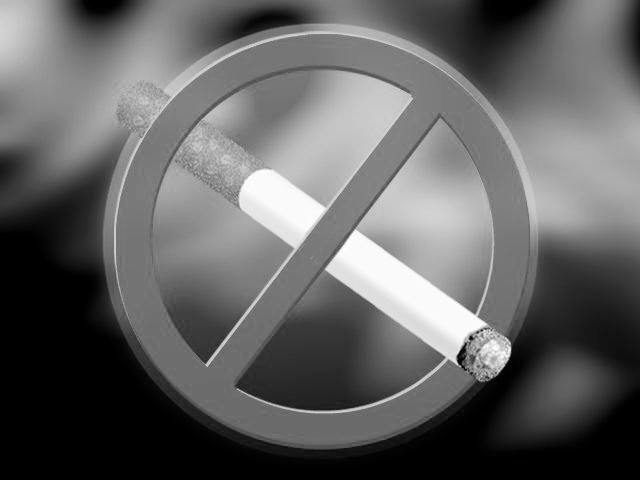The “it’s for your own good” argument has been used to enforce doctrines on subordinate populations for generations. VSU plans to adopt this justification with a new campus-wide tobacco ban. The problem is that the “subordinate population” here at VSU is overwhelmingly made up of adults who are more than capable of making the personal decision to smoke cigarettes.
The university maintains that, like many other institutions in the state, this move is for the benefit of students and all who visit the campus. The negative effects of first and second hand smoke were a major motivation for university policy makers. If taken at face value, this policy seems well-intentioned, but when has any policy ever been enforced with negative intentions?
Some measures, no matter how beneficial, can still be too invasive. The university has already done a lot to accommodate smokers and non-smokers. As of now, smoking within 25 feet of building entrances is not allowed and cigarette butt receptacles are located in all of the designated smoking areas.
The issue is that unlike previous measures that only limited the areas where people can smoke, tobacco would be a prohibited substance on campus and offenders could be penalized.
It is no secret that cigarettes contain highly addictive substances, and those that smoke tobacco are essentially addicts.
The university is offering support groups and information to assist any student who wants to quit, but that doesn’t completely solve the ethical issue of college governmental overreaching.
If this kind of policy is enforced, what is stopping the university from banning other addictive substances? Caffeine is another highly addictive substance and can have detrimental side effects, but a coffee-free campus is not a likely outcome.
We at The Spectator were split when it came time to decide where we stood on this subject. Some staff members agree that the new policy is beneficial, while others maintained impartiality.
However, one thing that we could come to a consensus on was the fact that the complete tobacco ban is reaching a little too far.
Obviously, smoking is not the healthiest of habits, but the decision of whether an individual can smoke should be left up to that individual.
If this policy is really being implemented for students’ benefit, then the student body should have some say in the matter. Regardless of which way students decided to vote on the subject, there should be an opportunity for them to voice their opinions. An administration that wants to portray the role of a benevolent protector should show that they value the opinion of the protected by offering them a venue.
 The Spectator The independent student newspaper of Valdosta State University
The Spectator The independent student newspaper of Valdosta State University








